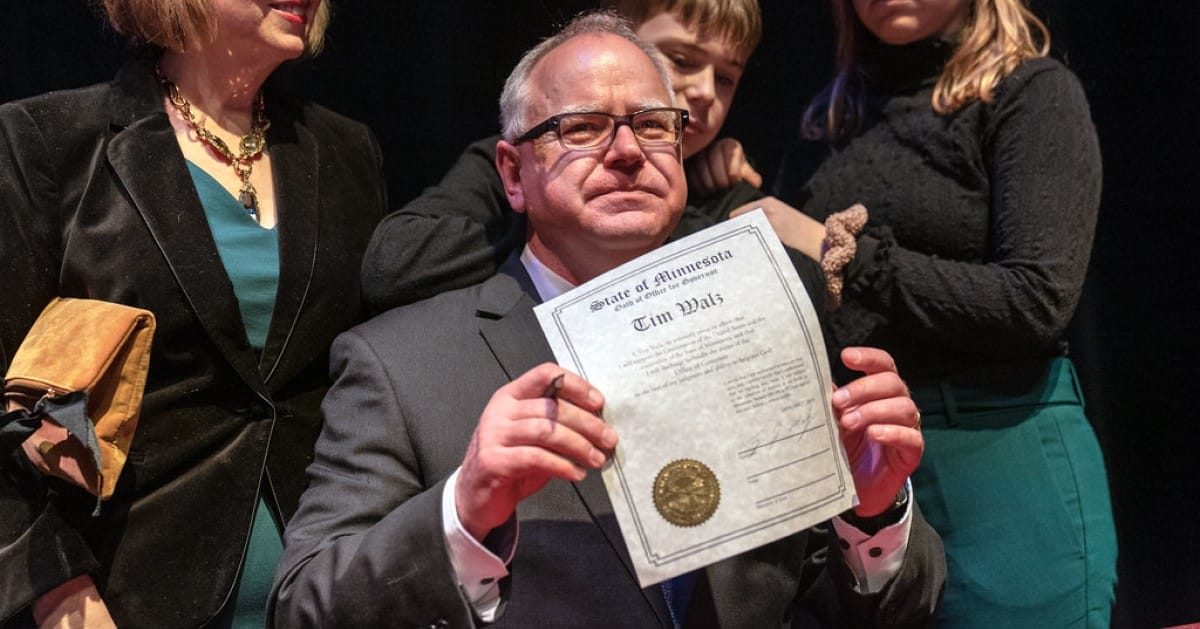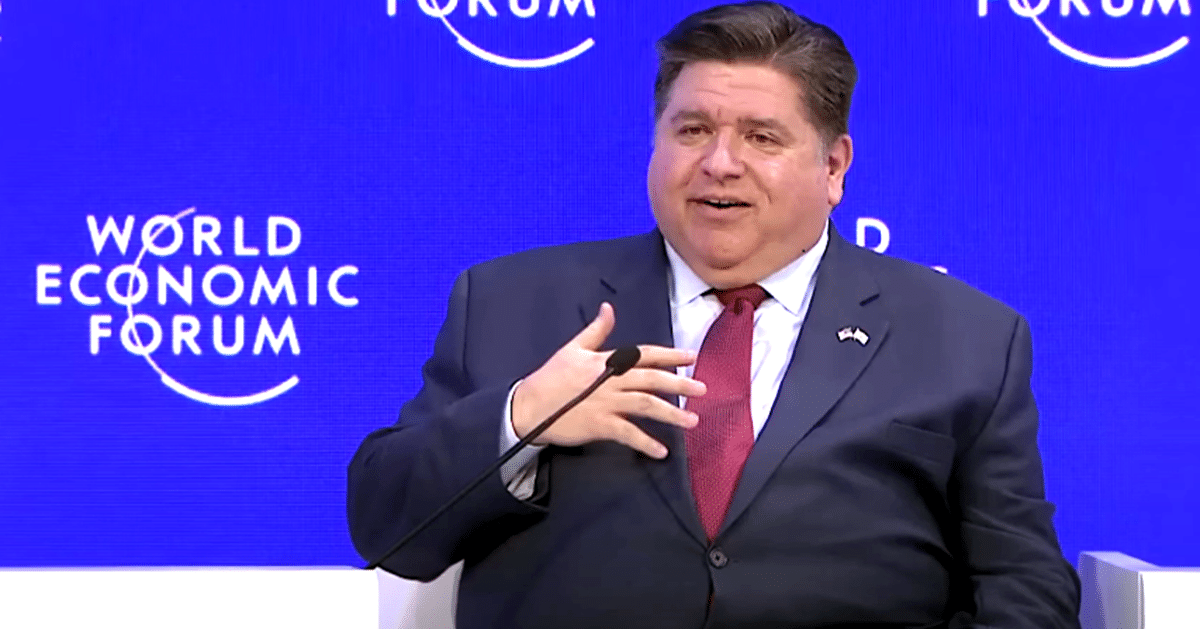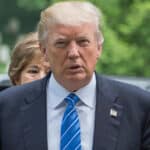



The Department of Health and Human Services has dismissed all members of the influential Advisory Committee on Immunization Practices (ACIP), a bold move aimed at restoring public faith in vaccine guidance, Fox News reported.
This decision follows increasing public skepticism over vaccine safety and previous controversial recommendations during the COVID-19 pandemic, complicating the landscape of public health guidance.
All members of ACIP had been appointed during the Biden administration, with 13 of them added just last year. The role of ACIP has been to evaluate and provide guidance on the need for and use of vaccines, a responsibility that impacts millions across the nation. The decision to remove current members highlights the urgency of regaining public trust in governmental health advice.
The move by HHS, announced on Monday, means that if the existing committee members had completed their full terms, any replacement would have taken until 2028. This overhaul comes in the wake of a heated public debate around vaccine mandates, which gained traction during the COVID-19 pandemic.
There has been notable skepticism regarding the Centers for Disease Control and Prevention's (CDC) handling of public health strategies during this period, particularly its relationship with the ACIP's recommendations. Addressing this skepticism is part of a broader effort to rebuild confidence in scientific guidance from federal agencies.
President Donald Trump's executive order emphasized the necessity for changes within the federal government's involvement with science and health. The order, signed on May 23, additionally criticized prior CDC guidelines on school reopenings, insinuating an adverse impact on educational outcomes.
Robert F. Kennedy Jr., confirmed by the Senate as the head of HHS following his nomination by Trump in February, is now steering the effort to revamp the committee. In his statement on Monday, Kennedy underscored that the primary goal was restoring “public trust” over any particular agenda concerning vaccines.
Kennedy elaborated that a "clean sweep" was essential for reestablishing confidence in vaccine science. He assured that the new ACIP members would prioritize public health and evidence-based medicine, moving away from being "a rubber stamp for industry profit-taking agendas."
He emphasized that the world once viewed American health regulators as models of guidance, impartiality, and integrity, suggesting that these qualities have faded in recent times. Kennedy indicated that only through "radical transparency and gold standard science" can trust be regained.
The executive order pointed to several instances where federal agencies allegedly disseminated scientific information. A specific critique was directed at the CDC's COVID-19 guidance on school reopenings, which was understood to have been influenced by the American Federation of Teachers.
This guidance was perceived to favor restrictive conditions for reopening, impacting educational processes negatively, despite evidence suggesting that children were less likely to spread the virus significantly or face severe outcomes.
According to the executive order, reopening schools with reasonable measures would have minimized any detrimental impact on virus transmission. The order's reference to these past decisions underscores the necessity for a new direction in health policy under Kennedy's leadership.
The upcoming ACIP meeting, set for June 25-27 in Atlanta, will see newly selected committee members convene to chart a course for future vaccine recommendations. This meeting presents an opportunity to set a fresh strategic path for the committee amid growing public and governmental scrutiny.
As new members are still under consideration, the deliberations and recommendations made at this important gathering will be watched closely by public officials, healthcare professionals, and the general populace.
HHS's decision to revamp the advisory committee marks a significant shift in how vaccine guideline policies could be formed and communicated in the future. Kennedy's leadership will now be measured against the backdrop of an administration's aim to restore confidence in public health directives and ensure they are based on scientific integrity.



